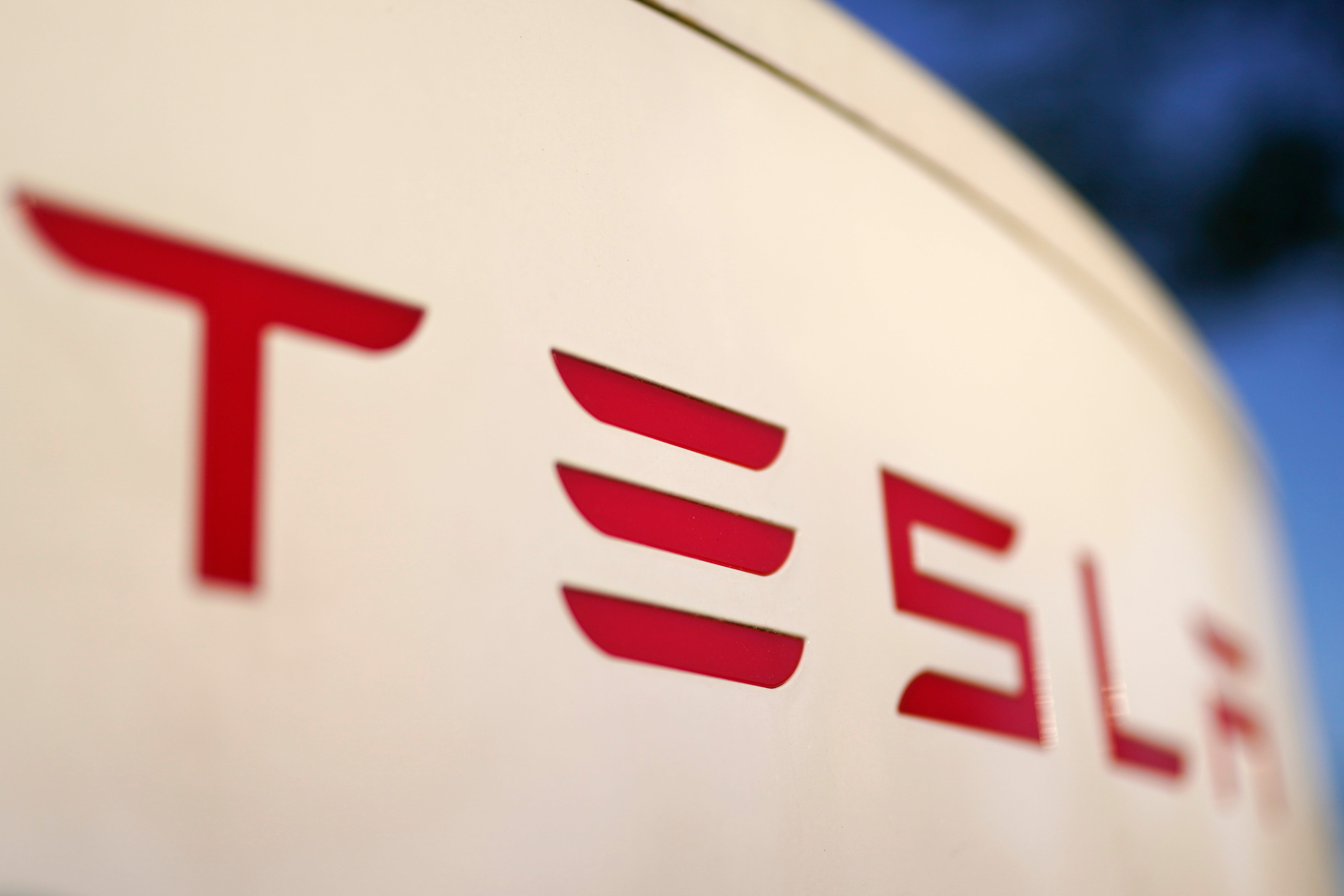Tesla settles lawsuit over man's death in a crash involving its semi-autonomous driving software
Tesla has settled lawsuit brought by the family of a Silicon Valley engineer who died in a crash while relying on the company’s semi-autonomous driving software

Your support helps us to tell the story
From reproductive rights to climate change to Big Tech, The Independent is on the ground when the story is developing. Whether it's investigating the financials of Elon Musk's pro-Trump PAC or producing our latest documentary, 'The A Word', which shines a light on the American women fighting for reproductive rights, we know how important it is to parse out the facts from the messaging.
At such a critical moment in US history, we need reporters on the ground. Your donation allows us to keep sending journalists to speak to both sides of the story.
The Independent is trusted by Americans across the entire political spectrum. And unlike many other quality news outlets, we choose not to lock Americans out of our reporting and analysis with paywalls. We believe quality journalism should be available to everyone, paid for by those who can afford it.
Your support makes all the difference.Tesla has settled lawsuit brought by the family of a Silicon Valley engineer who died in a crash while relying on the company’s semi-autonomous driving software.
The size of the settlement was not disclosed in court documents filed Monday, just a day before the trial stemming from the 2018 crash on a San Francisco Bay Area highway was scheduled to begin.
The family Walter Huang filed a negligence and wrongful death lawsuit in 2019 seeking to hold Tesla — and, by extension, its CEO Elon Musk — liable for repeatedly exaggerating the capabilities of Tesla’s self-driving car technology. They claimed the technology, dubbed Autopilot, was promoted in egregious ways that caused vehicle owners to believe they didn’t have to remain vigilant while they were behind the wheel.
Evidence indicated that Huang was playing a video game on his iPhone when he crashed into a concrete highway barrier on March 23, 2018.
After dropping his son off at preschool, Huang activated the Autopilot feature on his Model X for his commute to his job at Apple. But less than 20 minutes later, Autopilot veered the vehicle out of its lane and began to accelerate before barreling into a barrier located at a perilous intersection on a busy highway in Mountain View, California. The Model X was still traveling at more than 70 miles per hour (110 kilometers per hour).
Huang, 38, died at the gruesome scene, leaving behind his wife and two children, now 12 and 9 years old.
The case was just one of about a dozen scattered across the U.S. raising questions about whether Musk’s boasts about the effectiveness of Tesla’s autonomous technology fosters a misguided faith in the company’s Autopilot and Full Self Driving, or FSD, mode. The U.S. Justice Department also opened an inquiry last year into how Tesla and Musk promote its autonomous technology, according to regulatory filings that didn’t provide many details about the nature of the probe.
Tesla, which is based in Austin, Texas, prevailed last year in a Southern California trial focused on whether misperceptions about Tesla’s Autopilot feature contributed to a driver in a 2019 crash involving one of the company’s cars.